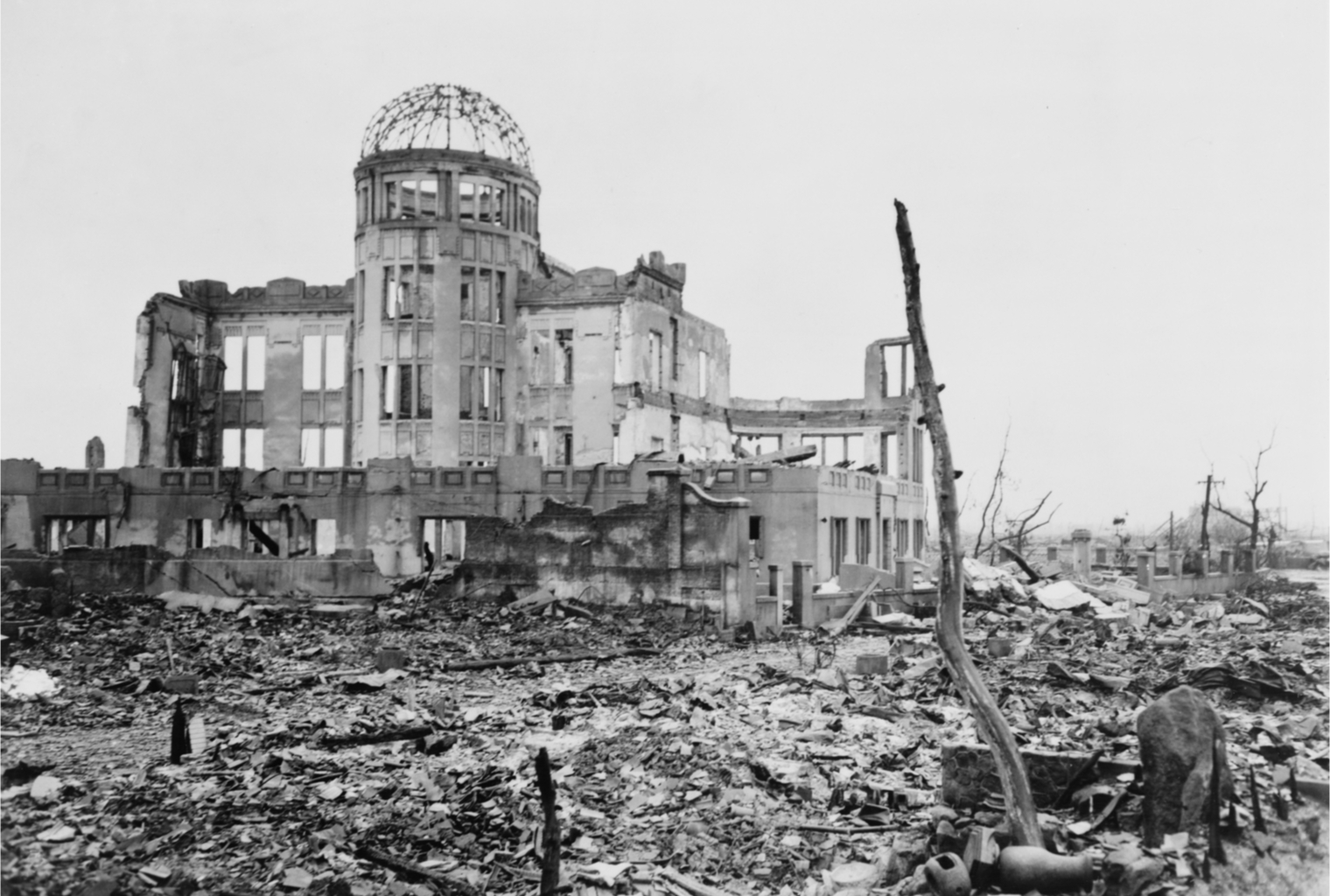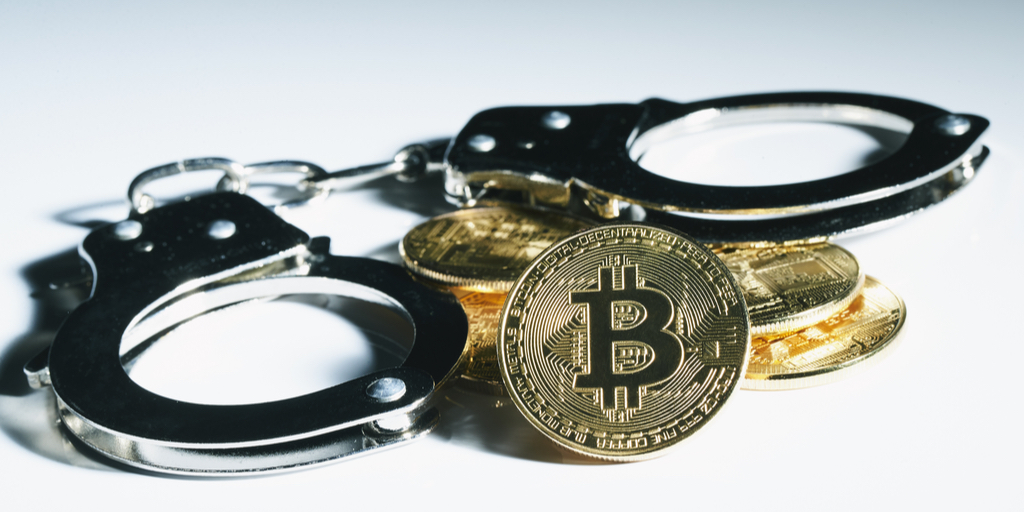New, unprecedented economic sanctions have been imposed on Iran’s central bank after blame for a September 14 oil field attack was pinned on the nation by U.S. leaders. The sanctions blacklist the Iranian central bank and sovereign wealth fund, further severing the country’s already tenuous ties to the global market. With soldiers and weapons “of defensive nature” to be shipped to the Middle East in the wake of the attacks, some are questioning the true motives of U.S. foreign policymakers. Iran is not the first nation openly critical of the U.S. petrodollar to face such extreme sanctions, and threats of military invasion.
Also Read: How Cryptocurrencies Can Mitigate Some of Brexit’s Negative Effects
Past Attempts to Leave the Dollar
Like Iran, a nation whose leaders are resolute about moving away from USD hegemony via cryptocurrencies, non-USD reporting policies, and gold, Iraq was also a thorn in the side of petrodollar dominance at one time. That is, before it was invaded by U.S. forces in 2003. Iraq had begun trading oil for euros in 2000 as a means of surpassing crippling U.S. sanctions starving the country. This policy ended abruptly when America entered under the auspices of fighting 9/11-related terrorism, although there was no substantial connection. Nevertheless, Iraq now trades its oil for dollars, once again.
Both Iran and Iraq are rich in the natural resource, have refused to fall in line with western political dominance, seeking plans to create sound, independent currencies backed by gold. Libya is yet another example. When Muammar Gaddafi sought to bring about his gold-backed dinar and abandon the world reserve USD, NATO forces found their way to him briskly and, in the cackling words of then-Secretary of State Hillary Clinton, “We came, we saw, he died.”

The basic breakdown is as follows:
1971 – U.S. abandons the gold standard.
Mid 1970’s – Agreement between U.S. and Saudi Arabia solidifies OPEC nations’ policy of pricing oil in dollars, effectively creating the petrodollar and further entrenching the USD as world reserve currency.
1970’s to present – Perpetual sanctions and warfare for any country seeking to abandon the USD and return to gold or alternate currencies for pricing oil.
As the gold standard was abandoned, and the petrodollar instituted to guarantee U.S. debt securities in the wake of massive deficits from the Vietnam war, the smoke cleared; the dollar was no longer backed by gold, but by oil, and the dominance of oil, by blood. Trump stated Monday, September 16, from the Oval Office:
In a few moments I’ll be signing an executive order imposing hard-hitting sanctions on the supreme leader of Iran … Today’s action follows a series of aggressive behaviors by the Iranian regime in recent weeks including shooting down of U.S. drones.
Trump also cited Iran’s nuclear program repeatedly (now product of a deal his own administration broke and backed out of) and recent, questionable conflicts involving oil tankers in the region, as well as “other things that were done also which were not good.”
Of course, the attacks on Saudi oil facilities were the supposed straw that broke old Uncle Sam’s already aching back. For the leader of the only nation to ever use a nuclear weapon in war, twice, and which has routinely engaged in fraudulent, artificial provocations of conflict such as the Gulf of Tonkin incident, the president’s words struck many as darkly ironic. This not to mention the increasingly harsh battery of sanctions on Iranian oil exports which have been escalating for years now under the current administration.

There Are No Angels in Geopolitics, Thus the Need for Sound Money
Iraq, Iran, Venezuela and Libya have of course been historically abusive to those living within their confines. Saddam Hussein was infamous for poison gas attacks killing thousands of innocent Kurdish villagers in Halabja. Iran’s iron-fisted regime has flogged people for drinking alcohol, suffocates freedom of expression in brutal fashion, and targets women, minority groups and children, denying them basic human rights. Venezuela’s sociopathic leadership is, essentially, no different. Opposition to the state in Gaddafi’s Libya resulted in horrific consequences as well, with the leader himself once saying: “I could at any moment send them to the People’s Court … and the People’s Court will issue a sentence of death based on this law, because execution is the fate of anyone who forms a political party.”
Though the U.S. government has itself destroyed the lives of countless millions, taking hundreds of thousands in one fell swoop with nuclear bombs, routinely imprisoning the non-violent for any number of arbitrary, dictatorial edicts, for some reason the “us vs. them” mass media narrative remains. The reality is, however, that there are no good governments. Combined with an unsound monetary system, this problem is exacerbated to a place of sheer and unimaginably tragic proportions.
The last century’s ongoing bloodbath has coincided with a historically unprecedented abandonment of sound money in favor of inflationary and debt-based models. This is no plain coincidence. After all, if it is now war — and not gold — that backs the global monetary system, how else can value be preserved save through killing? Money like gold and bitcoin, with a set-in-stone supply limit, cannot simply be “printed” to finance these terroristic regimes.

Economics – The Final World War
Iran has denied responsibility for the September 14 oil facility attacks. Iranian-backed Houthi rebels in Yemen have openly claimed responsibility for the act. Still, U.S. policy makers have fingers pointed at Iran. Javad Zarif, foreign minister of Iran, stated in a recent interview with CNN:
It wasn’t an act of war against the United States and it was, as I said, an agitation of war because it’s based on a lie…If they lift the sanctions that they reimposed illegally…then we would consider it [talks].
Zarif went on to emphasize, when prompted about Iran’s citizens suffering under U.S. sanctions:
They’re lying if they tell you that food and medicine is not restricted.
Humanitarian crises, such as the starvation happening in Iran, Venezuela and elsewhere, cannot be staved off with traditional currencies, which ultimately trace back to U.S. dollar hegemony, and are impeded by state-compliant banking institutions. Cryptocurrencies however, can and do bridge this gap. Though conversion to local currencies and merchant acceptance presents significant logistical challenges, the technology allows for something that no government blood money can: a limited-supply, permissionless cash valued voluntarily by a market of independent actors, irrespective of what violent state mandates or unsound economic policies may be in place. When sanctions tell the impoverished Middle Eastern family they can’t eat, crypto and free markets say that they can indeed trade, politics be damned.
When lawmakers in Washington D.C. demand Americans fund things like the slaughter of pine nut farmers in Afghanistan — 30 were killed this week in a single strike — or the imprisonment of innocent people for the so-called war on drugs, Bitcoin has no such sociopathic mandate. The next world war will be a decidedly economic one, where those eschewing human dignity and peaceful solutions will be forced to face an ever-growing faction of human beings for peaceful, non-violent trade and voluntary market interaction, made possible by disruptive technologies like Bitcoin.
What are your thoughts on the economic situation with Iran? Let us know in the comments section below.
Op-ed disclaimer: This is an Op-ed article. The opinions expressed in this article are the author’s own. Bitcoin.com is not responsible for or liable for any content, accuracy or quality within the Op-ed article. Readers should do their own due diligence before taking any actions related to the content. Bitcoin.com is not responsible, directly or indirectly, for any damage or loss caused or alleged to be caused by or in connection with the use of or reliance on any information in this Op-ed article.
Images courtesy of Shutterstock, Fair Use.
You can now purchase Bitcoin without visiting a cryptocurrency exchange. Buy BTC and BCH directly from our trusted seller and, if you need a Bitcoin wallet to securely store it, you can download one from us here.
The post Iran Is Being Targeted for Economic Independence, Not Terrorism appeared first on Bitcoin News.
Powered by WPeMatico
